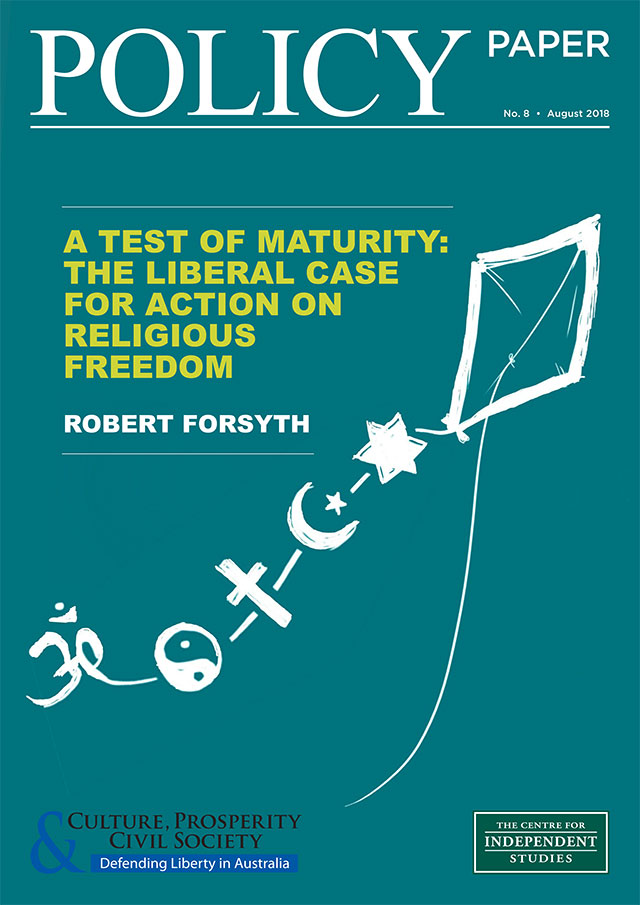
Australia has long enjoyed religious freedom in practice without robust legal protections. Such protections as there are, are found in anti-discrimination law, usually as exemptions. However freedom of religion remains vulnerable to accusations of prejudice, bigotry and discrimination when the views and practices of religious believers conflict with secular norms.
Indeed, one main problem with the current exemptions regime for protecting religious freedom is that, in reality, antidiscrimination laws themselves present a significant challenge to religious freedom. Increasing reach of anti-discrimination law, changes to their nature and pressure to remove exemptions in particular threaten the viability of religious communities and institutions.
While religious freedom cannot be absolute nor put religious ideas and practices beyond criticism or ridicule, it is an important feature of any liberal democratic society.
Supporting freedom of religion in a liberal democratic society does not require — or amount to — agreeing with religious truth. Even those who think all religions are false should still agree with them having appropriate freedom.
Changes in Australian law and society over the past 20 years or so has meant that more formalised protections for religious freedom are now needed. This is why the proposal for a federal religious freedom act as a new modest approach to defending it in Australia is worth consideration.










